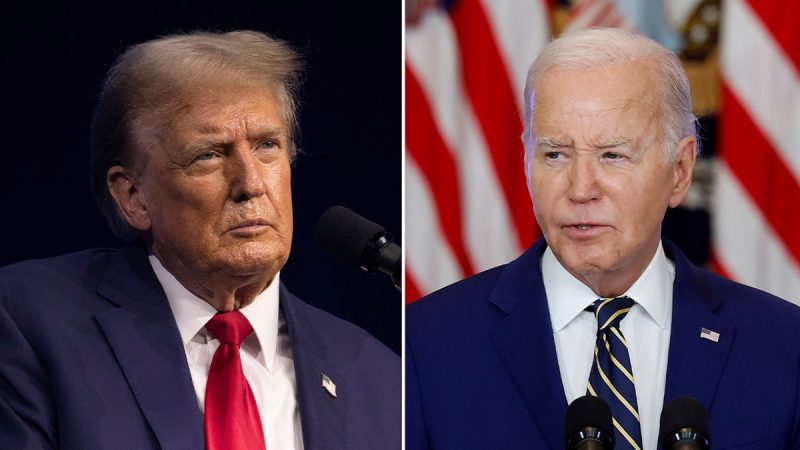In the world of politics, there are few candidates as polarizing as Kamala Harris. The Vice President’s rise to power has been marked by both praise and criticism, with supporters hailing her as a trailblazer and a symbol of progress, while detractors question her record and motives. However, beneath the policy debates and partisan fighting lies a crucial factor that could ultimately determine Harris’s success or failure: the excitement factor.
Harris’s political career has been defined by her ability to generate excitement and enthusiasm among supporters. From her historic election as the first female, first Black, and first South Asian Vice President to her fiery performances during high-profile events like debates and Senate hearings, Harris has a knack for energizing crowds and capturing attention. This charisma and dynamism have undoubtedly played a significant role in her success thus far and will continue to be crucial in determining her future.
One of the key ways in which the excitement factor can influence Harris’s political fortunes is through voter turnout. Research has consistently shown that candidates who are able to inspire excitement and enthusiasm among voters are more likely to see high turnout rates among their supporters. This can be particularly crucial in close elections, where a small increase in turnout can make the difference between victory and defeat. As Harris looks ahead to the next election cycle, her ability to mobilize and energize voters will be a critical factor in determining her chances of success.
Moreover, the excitement factor can also impact Harris’s ability to govern effectively. A Vice President who is able to generate excitement and enthusiasm among the public is more likely to have the political capital and mandate needed to enact their agenda and push through key initiatives. This can be especially important in a divided political landscape, where bipartisan support can be hard to come by. By harnessing the excitement factor and building a broad coalition of supporters, Harris can increase her chances of success in advancing her policy priorities and delivering on her promises.
However, the excitement factor is not without its risks. Political excitement can be a double-edged sword, as it can quickly turn into disenchantment if expectations are not met or if the candidate fails to deliver on their promises. Harris must be mindful of this as she navigates the challenges of governing and seeks to maintain the support of her base. Building and sustaining excitement over the long term will require a careful balance of strategy, communication, and action to ensure that Harris’s supporters remain engaged and motivated.
In conclusion, while policy positions and political strategies will undoubtedly play a role in determining Kamala Harris’s political future, the excitement factor is a crucial and often overlooked aspect of her success. By harnessing her charisma, energy, and ability to connect with voters, Harris can enhance her chances of victory in future elections, mobilize support for her policy agenda, and build a lasting legacy as a transformative political leader. Ultimately, the excitement factor may well prove to be the determining factor in whether Harris succeeds or falters on the national stage.


































